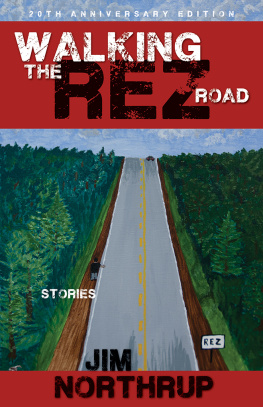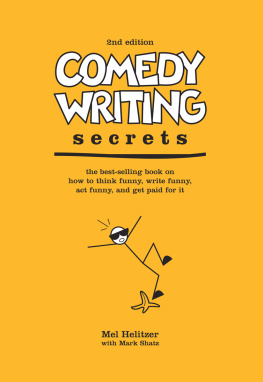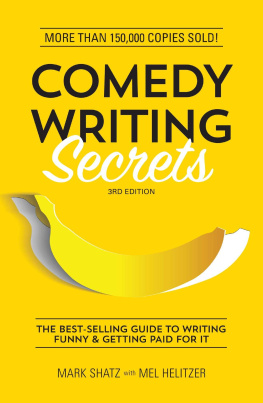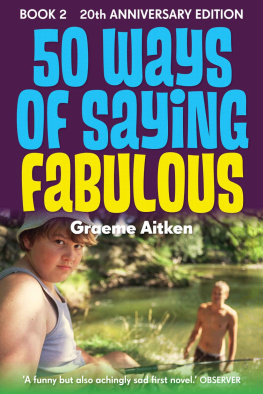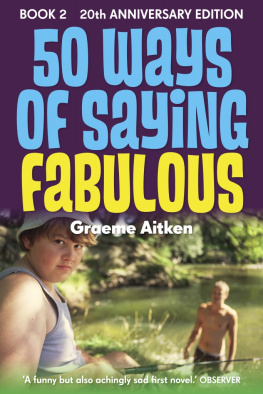Midway through the 2010s the romantic comedy was declared dead. The number of rom-com releases from major studios had plummeted to a historical low (near zero, in fact), and magazines in every medium published pieces trumpeting the end of the genre.
Whenever I tried to defend the form, I felt like one of the last remaining members of a benign, poignantly ineffectual cult. When I pointed out that everythings cyclical in the movie business and that the western was considered a pile of moldy bones just before Clint Eastwoods Unforgiven topped the box office and won Oscars, people would favor me with the forgiving smiles often bestowed upon cute but gullible children.
Meanwhile everyone who knew me evidently believed that I needed to be emailed the latest journalistic romantic comedy postmortem. For a couple of years, such Death of Romantic Comedy pieces were ubiquitous. Then, perhaps less than a month after I received the last of these obituaries, the next link I received asked: Where Are All the Good Romantic Comedies?
Whether you love them, despise them, believe in them, or believe them irrelevant, romantic comedy remains the Genre That Will Not Die. Perhaps its because we humans keep falling in love with each other, despite the odds, and we never seem to tire of making fun of each other for doing so. Now, years after society pronounced it dead, romantic comedy is enjoying a bit of a renaissance, with some major box office hits in the theaters, and scads of rom-coms earning millions of views and re-viewings on our smaller screens.
Thats not to say that things havent changed in the genre, and this new edition of Writing the Romantic Comedy has been extensively updated and revised to reflect those changes. Theres an entirely new chapter devoted to the twenty-first century rom-com and its preoccupations, a new case study of a contemporary romantic comedy classic, interviews with successful working members of the industry, and new material, plus updated references and examples, added to every chapter in the book.
In working on this new edition, Ive been fascinated to see just how much went on in the past two decades, specific to our genre: the Judd Apatowinspired rise of the male POV raunch-com and bromance, the female-equivalent ascension of the wedding rom-com and womance, and the release of a handful of movies, such as the beloved (and in some circles, reviled) Love Actually, that have since become enshrined in the classic romantic comedy canon.
The passage of time has also affected our cultures perspective on, and feelings about, certain films and filmmakers associated with the genre. The particular case of Woody Allen gave me pause, as in the wake of the #MeToo movement, this once celebrated auteur has all the more become a pariah. But regardless of how one feels about an artist as a human being, if a work of his or hers has inarguable historical significance, it cant be erased from the record, just as its effects on other writers and artists cant be negated. Thus Annie Hall, a profoundly influential milestone in the rom-com genre, remains a case study in the book, and aspects of Allens work within it are still referenced throughout.
Shifting perspectives over time are also responsible for other romantic comedies discussed herein receiving more or less attention in this round, with some of these choices the result of feedback received on the first edition. (Ive been pilloried for my inadvertent overlooking of Harold and Maude, for example, but it has now assumed its rightful place among 125 Noteworthy Films of the genre.)
This new edition also represents a small but important course correction, one that reflects my additional two decades of movie-watching, teaching, and working in the industry. At the risk of alarming and alienating readers of the original book, Ive adjusted my paradigm for the structure of a romantic comedy to include eight beats instead of the original seven. This reflects a trend in screenplay construction thats become prevalent over the past few decades (i.e., generally, the distance between Crisis and Climax has increased), and I hope that my specific rationale for this revision will make sense and not cause too many Twitter-verse heads to explode.
All such adjustments aside, certain truisms abide. As a Hollywood story analyst, I can attest to the fact that the studios are once again actively seeking romantic comedies, and such screenplays still showcase the characterization and dialogue skills that can lead to lucrative writing assignments, even if the movies themselves dont ultimately get made. And meanwhile, rom-com projects are rejected by the industry every month.
Why? Because theyre too formulaic in plot, they lack memorable characters, and/or they dont speak to todays audiences in fresh, provocative ways, mistaking superficial silliness for the genuinely deep laughs that a well-crafted, deeply felt comedy should evoke. This last factorwhat makes this romantic comedy relevant?is more important than ever. As someone whos personally passed on (said no to) countless romantic comedies over the years and given a consider or recommend (a yes) to only a precious few, I know that theres a lot more to the art and craft of this genre than boy meets, loses, and gets girl. Originally based on a course Ive taught at the UCLA Extension Writers Program, this new edition of Writing the Romantic Comedy is conceived to be a complete contemporary romantic comedy screenwriting workshop in one book.
WHERE IM COMING FROM
The various theories and pronouncements found in this book are based on my having a foothold in a number of relevant camps. As a story analyst for the major studios, Im a spy in the house of commerce; as part of their vast decision-making process, Im familiar with the mercurial minds of the executives whose dictates, be they business sound or bewilderingly whimsical (last year, it was set everything in high school), directly affect the marketplace. As a teacher, Ive learned by trial and error which approaches to the material yield the best results (and which opinions are merely that) and which ones have proved useful to aspiring writers. In preparing this book, Ive seen and studied hundreds of romantic comedies. The various genre specifications offered here arent dreamed-up abstractions; rather, they are based on the evidence presented by many successful romantic comedies.
And finally, as a working screenwriter in Hollywood, I know, as writer Gene Fowler once said, that writing is easy: all you have to do is stare at a blank page for an hour until the drops of blood start dripping from your forehead. I know what its like to grapple with a seemingly insoluble, problematic rewrite under pressure. And Ive picked up a few tricks (thank goodness) to make the process bearable.
Ive also learned that merely imitating what works isnt quite enough. This is why you wont find me dictating the necessary screenplay page numbers for act breaks as though they were the eleventh commandment. Once youve grasped the rules, sometimes youll be called upon to bend themin fact, I hope you can. One of this books themes is that in addition to keeping the writing real and making it personal, having the courage to take risks can yield the most satisfying professional happy endings.
WHO THIS BOOK IS FOR
Novice screenwriters with embryonic ideas, intermediates who are stuck in a draft that needs help, and seasoned pros either new to this genre or searching for inspiration should all be able to find something useful between these coversas should fans of the form whod merely like to get an inside look at what makes it tick.
If youre just getting started, the book is ideally suited for guiding you toward the completion of a first draft. If youve already got a draft thats been through some rewrites, this text can be a problem solver; itll help you deconstruct, rethink, and perhaps reassemble your story. Getting back to basics is often the best way to discover where and how you may have gone off track (i.e., What got me excited about this movie in the first place?).


